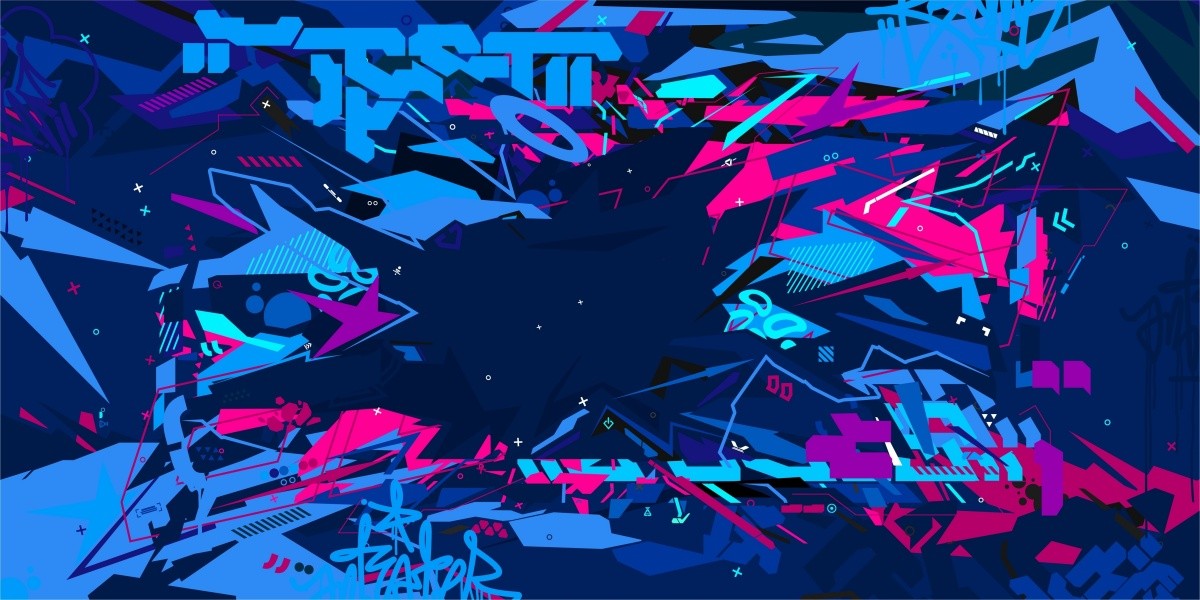
The latest installment in the Gundam series, "Mobile Suit Gundam GQuuuuuuX," has become a massive hit. Its theatrical release in January was a success, and as of March 17, 2025, it has grossed ¥3.1 billion in Japan, attracting an audience of 1.93 million. The TV anime series began airing in April, and some of you may have already started watching it.
As always, FUN! JAPAN takes a deep dive into the cultural elements found throughout the series. Let's explore and analyze the various aspects of Japanese culture woven into the story.
*By purchasing or reserving products introduced in this article, a portion of the sales may be returned to FUN! JAPAN.
What is "Mobile Suit Gundam GQuuuuuuX"?
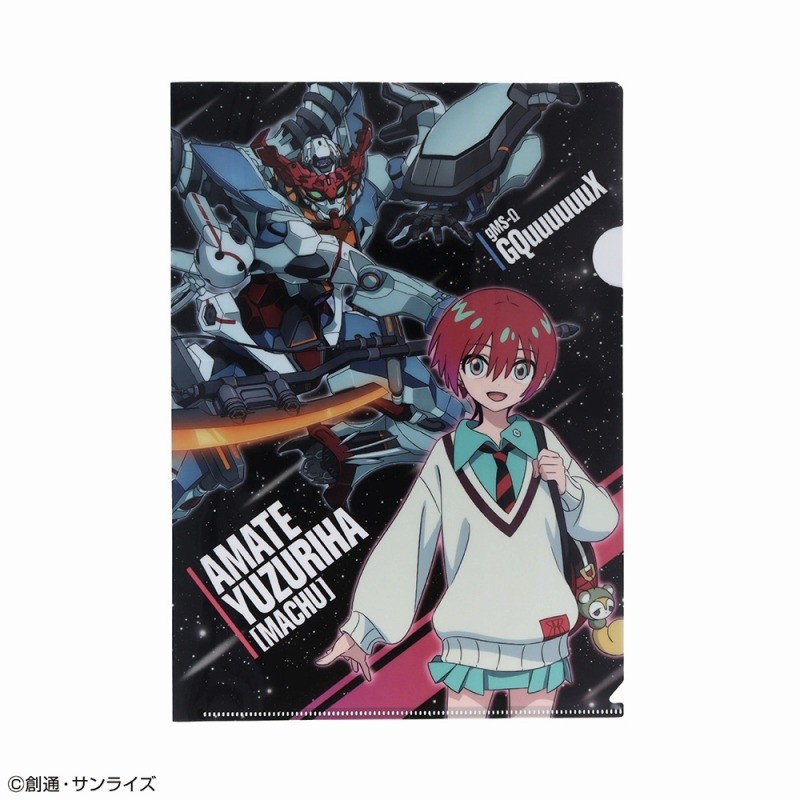
"Mobile Suit Gundam GQuuuuuuX" is a collaboration between Studio Khara, known for the "Neon Genesis Evangelion" series, and Sunrise, the studio behind the Gundam franchise. This partnership has sparked great excitement among fans. In Japan, the anime started airing on April 8, 2025, every Tuesday at 24:29 (midnight) across 30 NTV-affiliated stations. The fastest streaming release is on Prime Video, with episodes dropping every Wednesday at 1:00 AM. Additional streaming services such as Netflix and Disney+ will begin airing it from Friday, April 11, at 10:00 PM. The series will also be available in over 240 countries and regions, including the United States, Hong Kong, Taiwan, and Thailand.
Purchase "Clear File: Amate Yuzuriha (Machu) & GQuuuuuuX" at Animate👉Click Here
A Quick Recap of the Story "Mobile Suit Gundam GQuuuuuuX"
Amate Yuzuriha, a high school girl living peacefully in a space colony, has her life turned upside down when she meets a mysterious girl named Nyaan. This encounter drags her into "Clan Battle," an underground mobile suit dueling competition. Under the alias "Machu," Amate pilots the GQuuuuuuX and is thrust into the fierce world of battle. Meanwhile, an unidentified mobile suit known as "Gundam" and its pilot, a boy named Shuji, appear before her, pursued by both the military and the police. As the story unfolds, the world stands on the brink of a new era.
Check out our other article for more on "Mobile Suit Gundam GQuuuuuuX" 👉Click Here
Is the Setting of GQuuuuuuX in Japan?
Have you noticed the many elements of Japanese culture woven into "Mobile Suit Gundam GQuuuuuuX" (hereafter referred to as GQX)? While the story takes place not on Earth but in space colonies known as residential facilities, the presence of Japanese cultural motifs enriches the experience. Let's take a closer look at these references one by one!
Izuma Colony
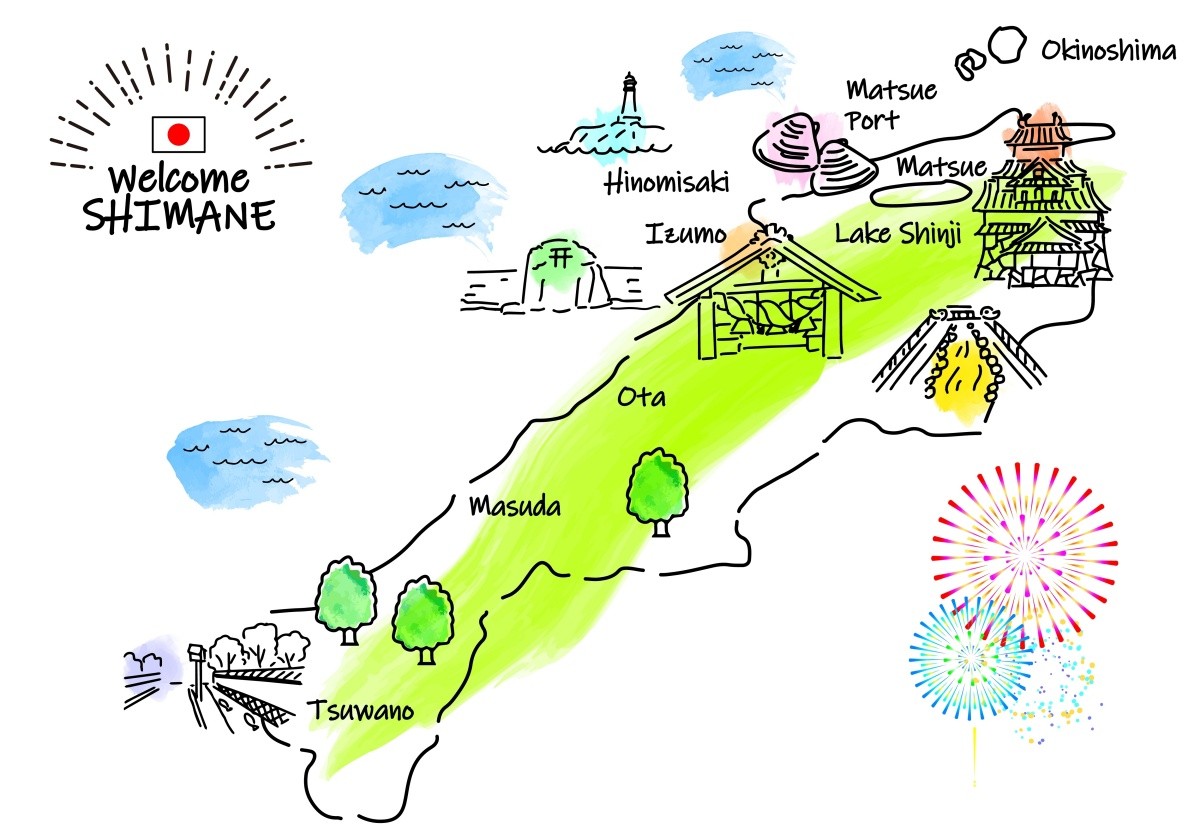
This is another name for "Side 6," the space colony where Machu and her friends live. The name "Izuma" is reminiscent of "Izumo," a key location in Japanese mythology. Izumo, located in Shimane Prefecture, is known as a gathering place for many deities in Japanese folklore. One of its most famous legends is the "Kamiarizuki" (Month of the Gods), during which gods from all over Japan are said to convene there.
Neno-Kuni
In the story, Machu boards a train that stops at a station called "Neno-Kuni." This name is strikingly similar to "Ne no Kuni" (Root Country), a mythical realm in Japanese mythology. Ne no Kuni is considered an underworld or an alternate world, often associated with "Yomi no Kuni" (Land of the Dead) and "Ne no Katasu Kuni" (another underworld realm). In GQX, this station is the train’s final stop, further reinforcing its connection to the mythical land of the dead.
Ifuya

Another station next to Neno-Kuni is "Ifuya." This name likely references "Ifuyasaka" (also called "Yomotsu Hirasaka"), a boundary between the living world and the underworld in Japanese mythology. Considering these names, it's intriguing to speculate whether their meanings hold deeper significance in the story.
Amate Yuzuriha
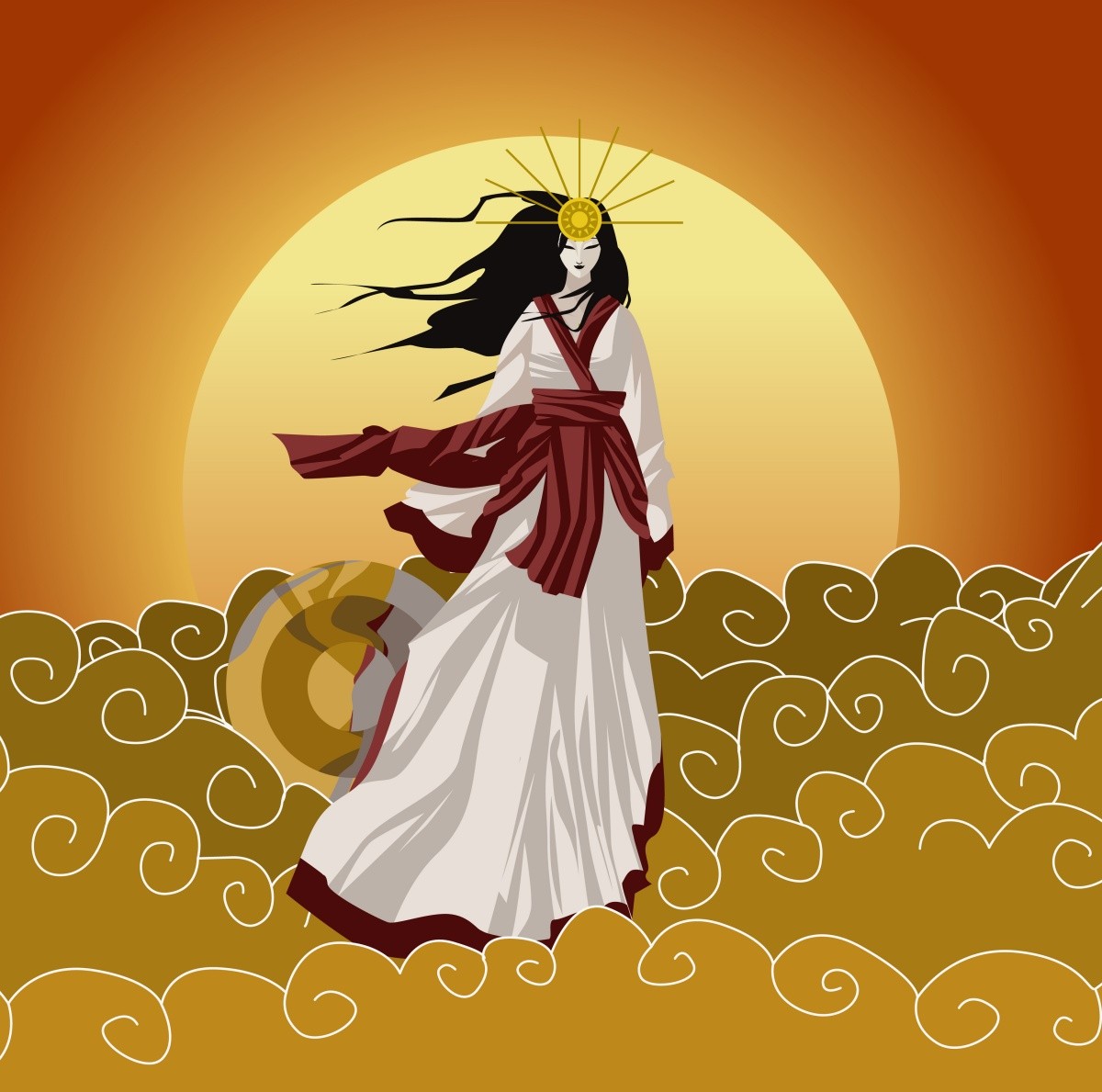
The protagonist Machu's real name, "Amate Yuzuriha," also carries strong connections to Japanese mythology. "Amate" resembles "Amaterasu" (Amaterasu-Ōmikami), the sun goddess and one of the most revered deities in Japanese mythology, ruling over 308 gods.
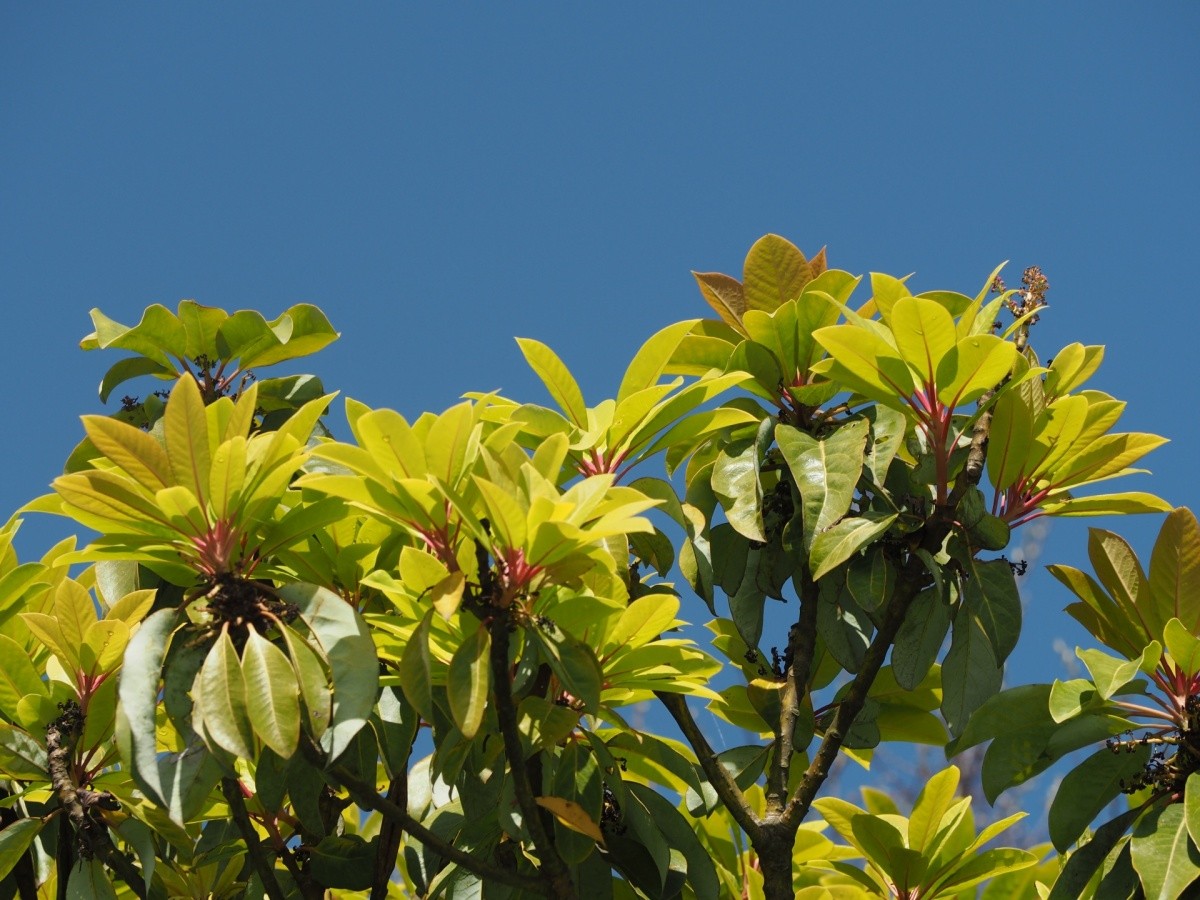
"Yuzuriha" (譲葉) refers to a native Japanese plant whose old leaves fall only after new ones grow. This characteristic symbolizes "succession" and "prosperity of future generations." The name could hint at Machu's role in inheriting something important, adding depth to her journey in the story.
Read more about Japanese mythology
👉 Japan's oldest history book, the Kojiki. What's the story? When was it made?
School Uniforms
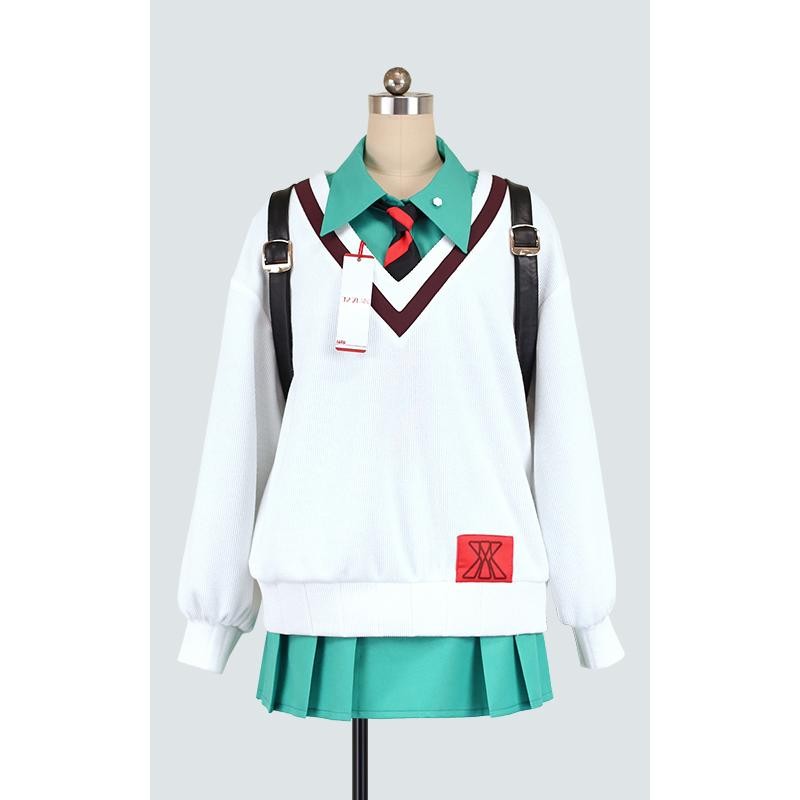
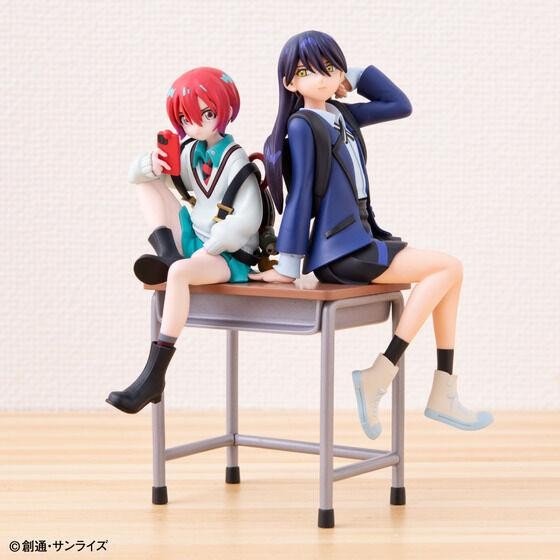
The sight of Machu (Amate Yuzuriha) in her school uniform is reminiscent of Japanese youth. Additionally, the smartphone screen she looks at displays Japanese text, and various cityscapes feature Japanese kanji characters, suggesting that Izuma Colony draws significant inspiration from Japanese culture.
Purchase Amate Yuzuriha's (Machu's) cosplay uniform on Yahoo! Shopping👉Click Here
Purchase Machu & Nyaan figures on Yahoo! Shopping👉Click Here
Inari Shrine
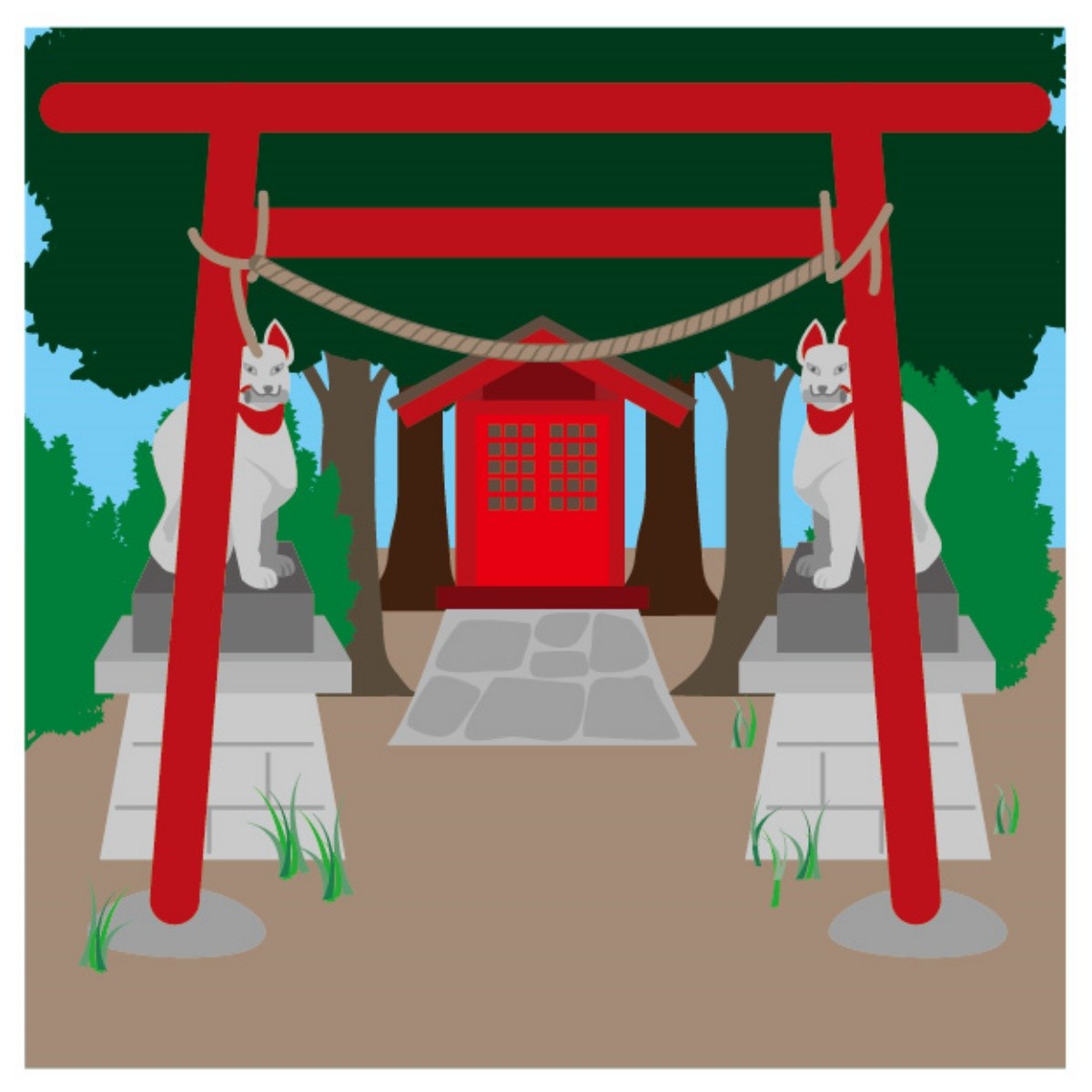
A scene in the series features a small shrine atop a building, where Machu and Nyaan have their first conversation. The red torii gate and fox statues suggest that this is an Inari Shrine.
With approximately 30,000 across Japan, Inari Shrines are among the most common shrines. They also frequently appear in other anime. "Inari" is a deity associated with bountiful harvests (especially rice cultivation) and prosperous business. Originally worshipped as an agricultural god, Inari later became a guardian of commerce and industry. Fox statues are often found within these shrine grounds, as foxes are believed to be messengers of Inari.
In Japan, shrines are often built on mountains or elevated areas. In modern times, some businesses place small shrines (known as rooftop shrines) on skyscrapers as guardians for their companies and commercial buildings. The shrine depicted in the series aligns with this urban shrine concept.
"Dog" Sticker
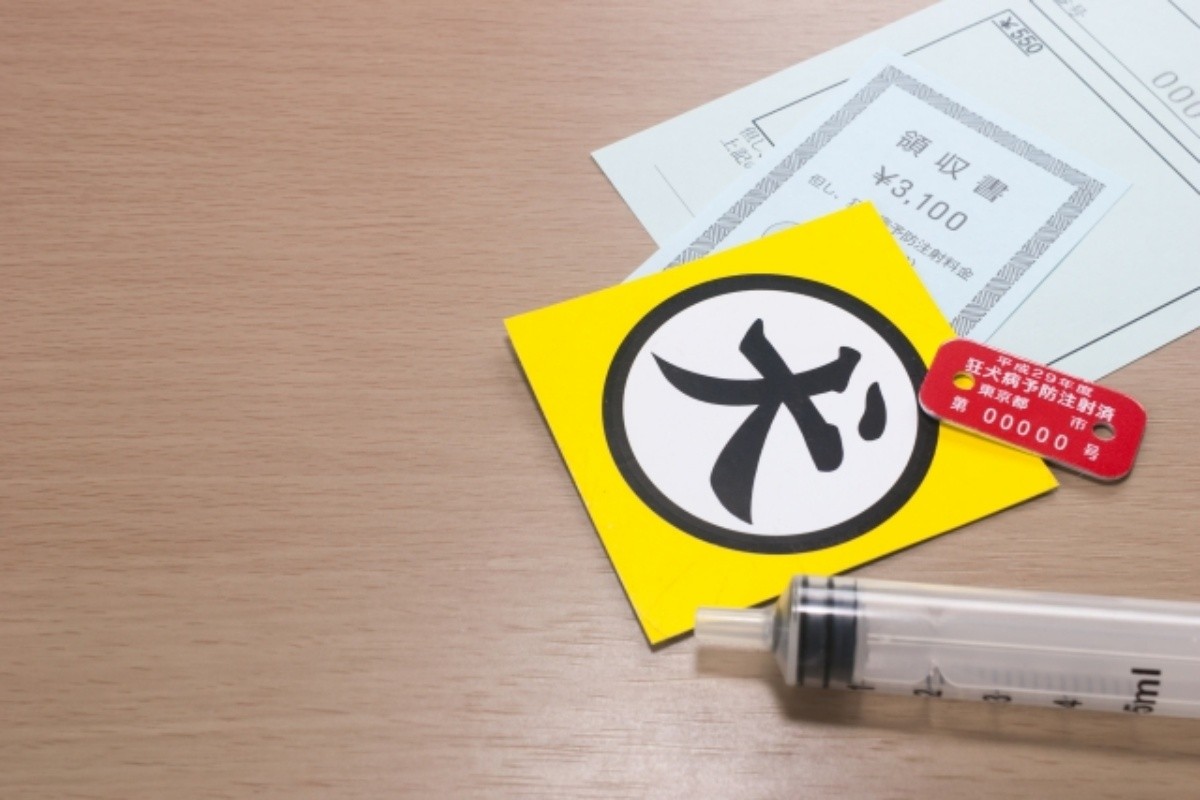
In Japan, small stickers with the character "犬" (dog) are commonly seen at entrances of homes. These stickers indicate that the household's dog has received a rabies vaccination. Many pet owners place them by their doors, not only to signify vaccination status but also to inform visitors about the presence of a dog or as a security measure. These stickers have become an everyday part of Japanese life.
In the series, such a sticker appears at the entrance of Kaneban Trading Co., a junk shop.
"Ehime Mikan" Box
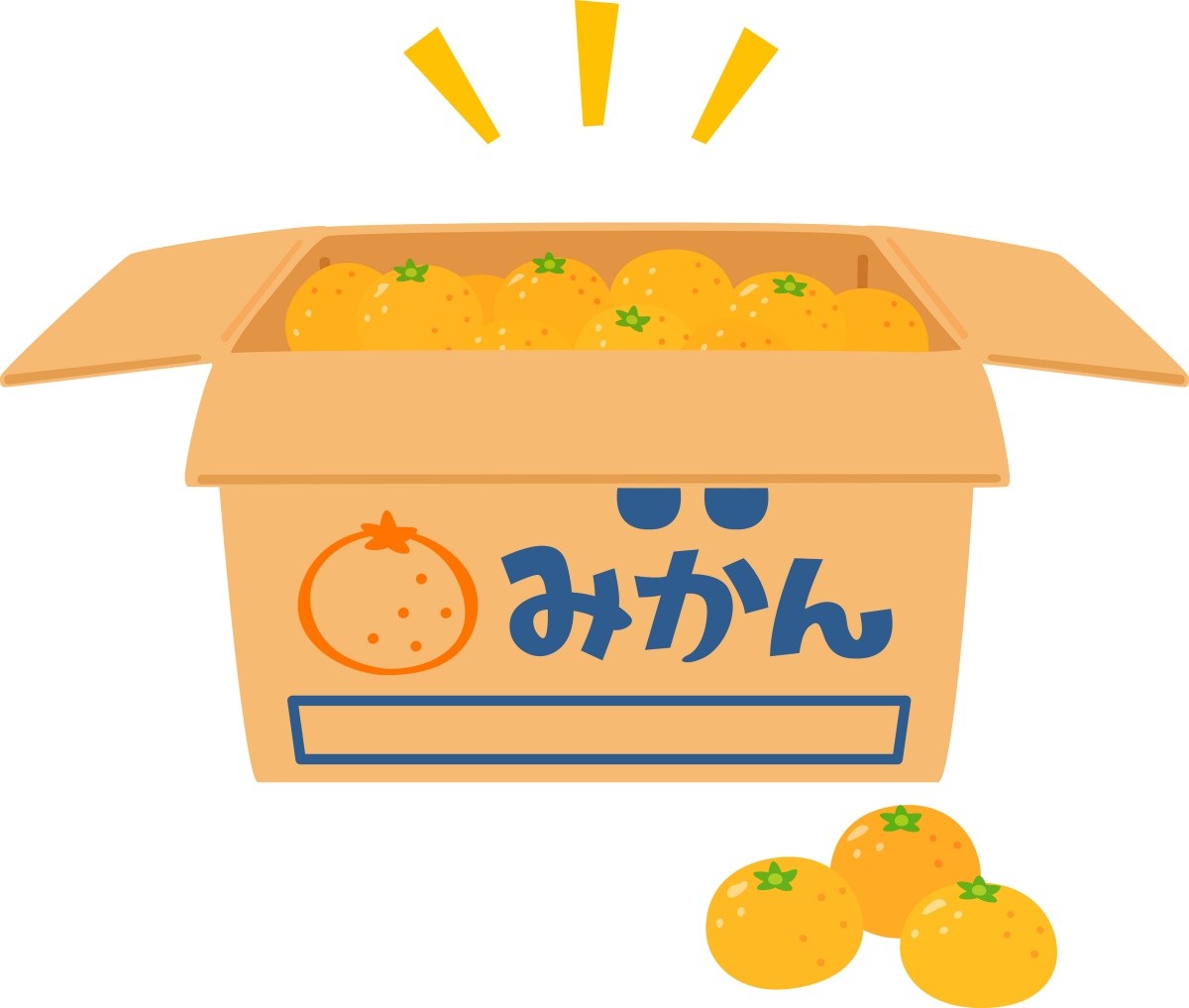
"Ehime" refers to Ehime Prefecture, one of Japan’s leading producers of mikan (mandarin oranges). Mikan is a staple winter fruit in Japan, often purchased in bulk and enjoyed by families.
Nowadays, mikan boxes are mainly made of cardboard, but in the past, wooden boxes were common. Because of this, mikan boxes were sometimes repurposed as makeshift tables. Before the rise of online shopping, cardboard boxes were not as common in Japanese households. Up until the 1900s, a "cardboard box at home" was typically synonymous with a mikan box. This cultural nuance has led to frequent depictions of mikan boxes in anime and manga.
Was the inclusion of the mikan box in the series a deliberate reference, or just a nostalgic touch? Either way, "Ehime mikan" remains a symbol of Japanese winter, and mikan boxes continue to be a nostalgic and familiar household item.
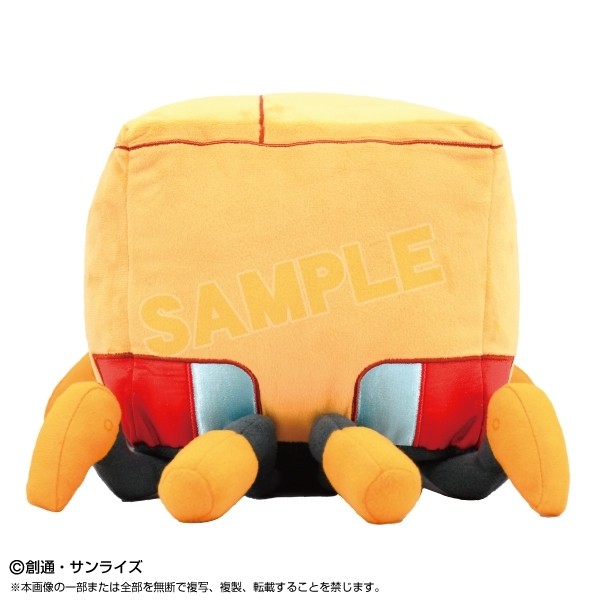
In the series, there's a scene where the creature Conchi, sitting on Shuji’s head, transforms into an Ehime mikan box. If you think about it, its color and shape do resemble one!
Purchase a Conchi plush on Animate👉 Click here
M.A.V. (Mav)

In GQX, "M.A.V. (Mav)" refers to a two-unit formation used for attacks and tactics, or the partner in such a pairing. In Japanese, the word "mabu" sounds similar to "mabu-dachi" (マブダチ), a slang term meaning "best friend."
Mabu
[Noun/Adjective] (Early Modern Japanese)
1. Something that goes well or smoothly.
2. Something beautiful.
3. Something true or genuine.
Ma-bu (間夫)
Pronunciation: Mabu
1. A woman's lover.
2 A courtesan’s lover.
Source: Digital Daijirin Dictionary
It is unclear whether the name "M.A.V. (Mav)" was directly inspired by these Japanese words, but since it is used to describe combat partners, Japanese-speaking viewers may associate it with the ideas of friendship, companionship, or a close bond.
Speculating on Future Story Developments
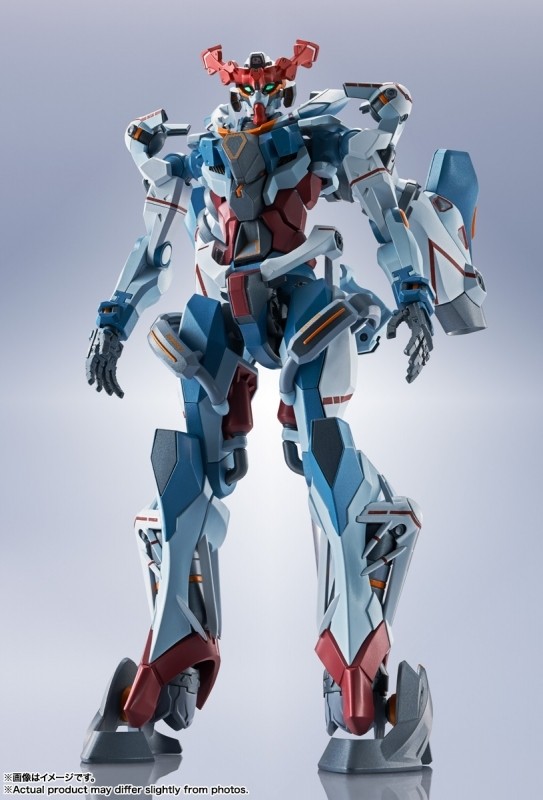
Even in just the opening scenes, GQX is packed with elements of Japanese culture! Since the Gundam series rarely focuses on specific cultural settings, many fans may have found this to be a fresh and unique approach.
If you take this as an opportunity to learn more about Japanese culture and mythology, you might uncover some hints about how the story will unfold in the future!
Purchase "【Action Figure】METAL ROBOT魂
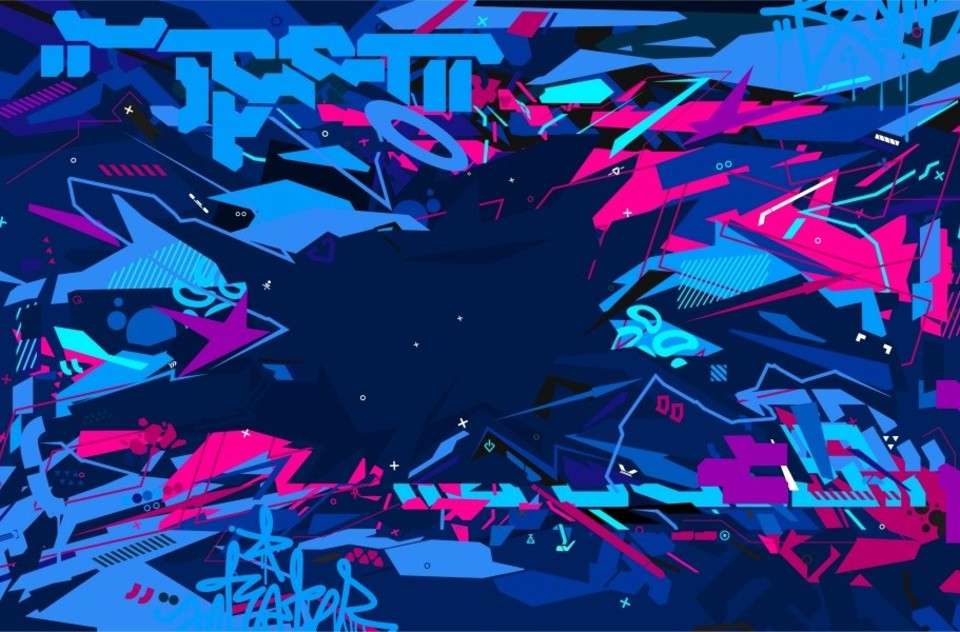
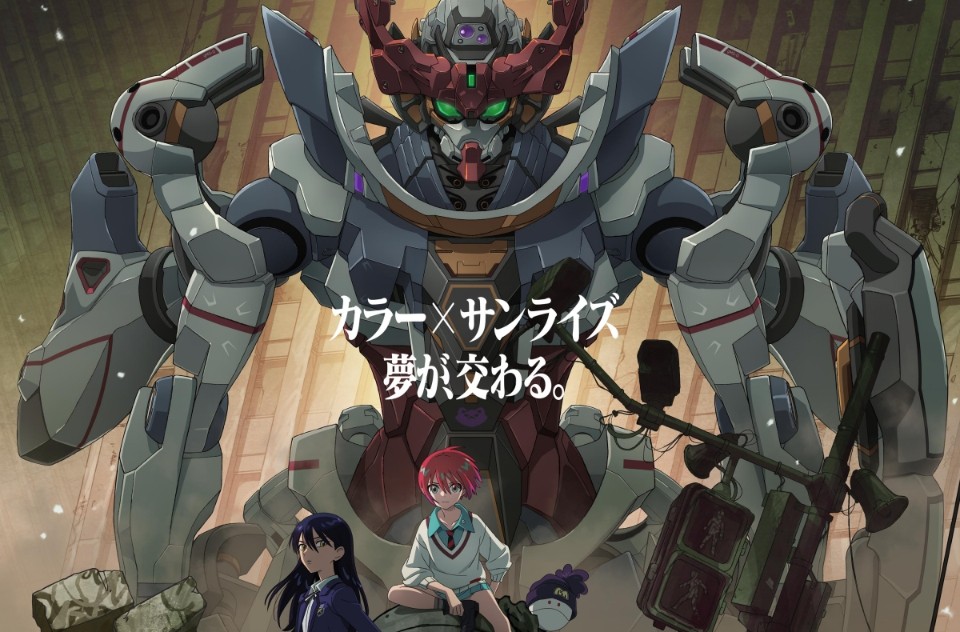
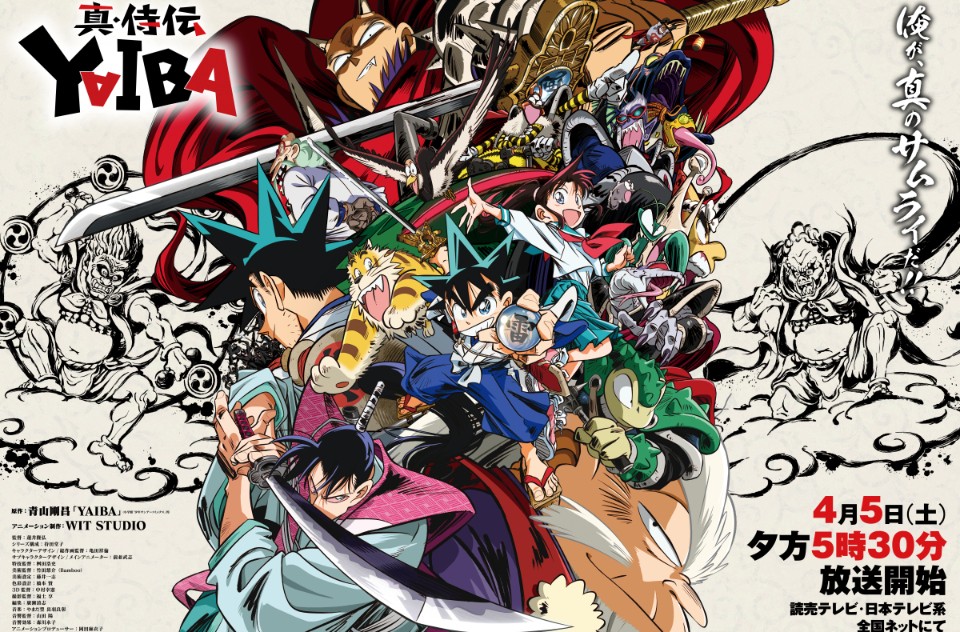


Comments